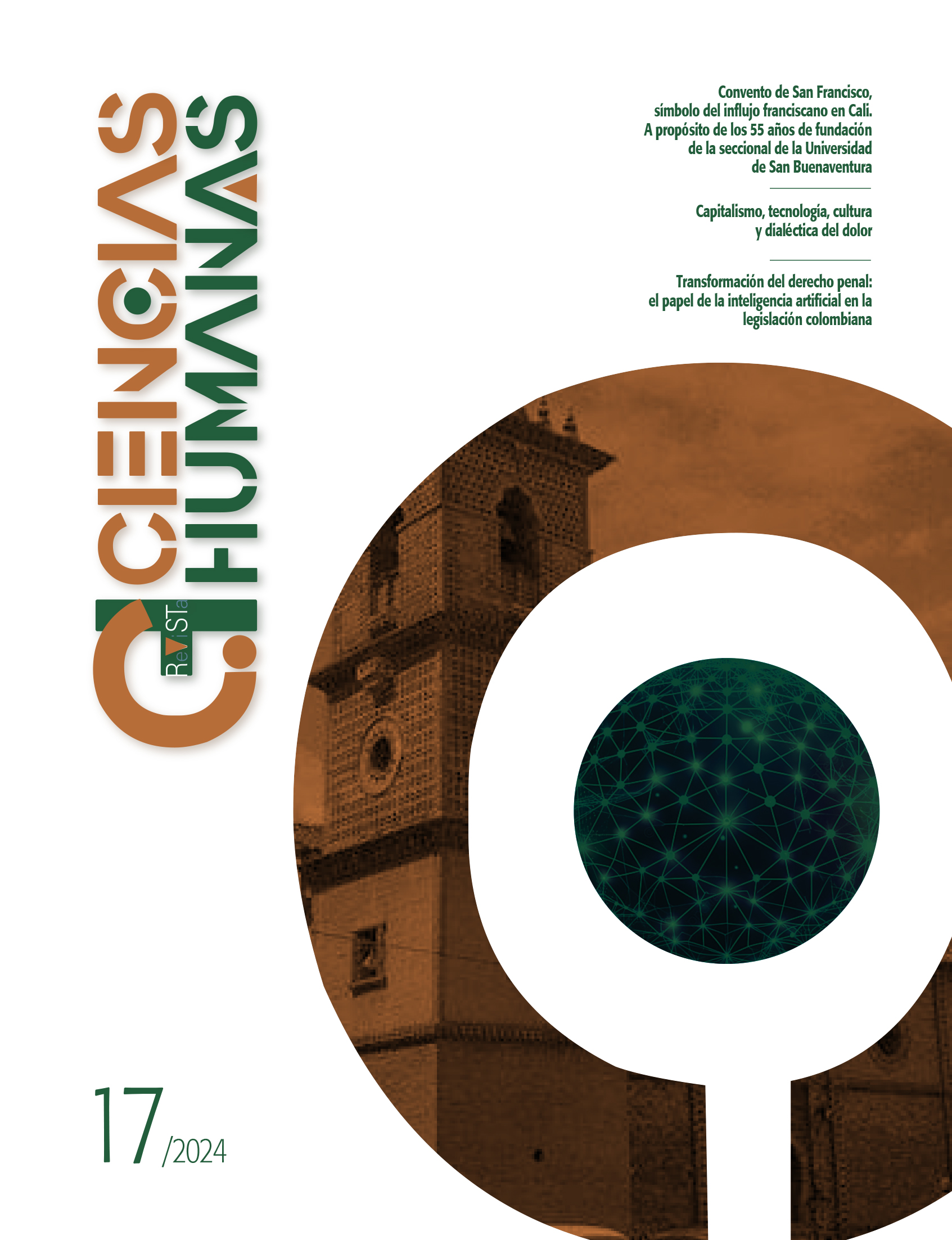The Revista Ciencias Humanas provides open and immediate access to its content, based on the principle of offering the public free access to research to aid in the greater global exchange of knowledge.
Except as otherwise stated, the content of this journal is licensed under a Creative Commons Attribution-NonCommercial-NoDerivatives 4.0 International (CC BY-NC-ND 4.0) license available at http://creativecommons.org/licenses/by-nc-nd/4.0/.
- Attribution. You must give appropriate credit, provide a link to the license, and indicate if changes have been made. You may do so in any reasonable manner, but not in a way that suggests that the licensor endorses you or your use.
- NonCommercial. You may not use the material for commercial purposes.
- NoDerivatives. If you remix, transform, or build upon the material, you may not distribute the modified material.
- No Additional Restrictions. You may not apply legal terms or technological measures that legally restrict others from doing anything the license permits.
Abstract
This article aims to criticize the reality of higher education from an ethical perspective. Based on the dynamics experienced during the health emergency caused by COVID-19, the categories “confinement” and “pandemic” are used to show that, in education, both realities are not caused by the SARS-CoV-2. For some time now, higher education has been living in a confinement that does not allow it to advance; it has also suffered several pandemics that threaten its existence.
References
Bourdieu, P., y Passeron, J. C. (2009). Los herederos: los estudiantes. y la cultura. Siglo XXI.
Constitución de la República de Colombia, art. 67.
De Sousa Santos, B. (2020). La cruel pedagogía del virus. Clacso.
Dussel, E. (1998). Ética de la liberación en la edad de la globalización y de la exclusión. Trotta.
Freire, P. (2005). Pedagogía del oprimido. Siglo XXI.
Freire, P. (2015). Pedagogía de la indignación: cartas pedagógicas en un mundo revuelto. Siglo XXI.
García Villegas, M., Espinosa, J. R., Jiménez Ángel, F., y Parra Heredia, J. D. (2013). Separados y desiguales: educación y clases sociales en Colombia. Dejusticia.
Marcos, J., y Fernández, M. Á. (2020, 9 de junio). Entrevistas: “el virus es un pedagogo que nos intenta decir algo, el problema es saber si vamos a escucharlo”. Ethic. https://ethic.es/entrevistas/boaventura-de-sousa-santos-coronavirus/
Muñoz García, H. (2016). Otra forma de evaluar. En H. Muñoz García (Coord.), ¿Hacia dónde va la universidad en el siglo XXI? (pp. 267-278). MAPorrúa; UNAM.
Palta Velasco, W. (2015). La justicia social como desafío de la universidad en el mundo globalizado. Boletín Redipe, 4(2), 99-106.
Pérez Esclarín, A. (2010). Yo, José María Vélaz. Fe y Alegría.
Quijano, O. (2011). Eufemismos: cinismo y sugestión en la actual ampliación del campo de batalla. Universidad del Cauca.
Rodríguez, M. (1999). Creatividad lingüística: diccionario de eufemismos. Pax.
Saraví, G. A. (2015). Juventudes fragmentadas: socialización, clase y cultura en la construcción de la desigualdad. Flacso; Ciesas.
Stiglitz, J. E. (2012). El precio de la desigualdad: el 1 % de la población tiene lo que el 99 % necesita. Taurus.
Sverdlick, I., Ferrari, P., y Jaimovich, A. (2005). Desigualdad e inclusión en la educación superior: un estudio comparado en cinco países de América Latina. Laboratorio de Políticas Públicas.









